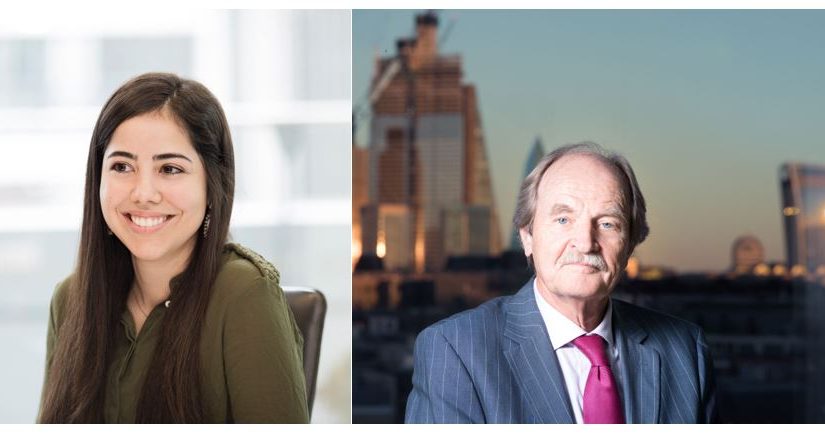In its latest Voices podcast, the Institute of Human Rights and Business feature CoST Board Chair, Chrik Poortman and Senior Policy and Research Adviser, Maria da Graça Prado who focus on the human and financial impact of corruption and mismanagement in infrastructure.
An estimated 10-30% of investment in infrastructure – projects such as roads, bridges, ports schools, and hospitals – is lost through corruption and mismanagement. Corruption does not only have financial implications. It also deepens inequality, and siphons funding away from essential government services. It leads to the construction of faulty projects that can put people’s lives at risk, and it can even topple governments, as happened as a result of the Odebrecht scandal (the bribery case in which the Brazilian conglomerate paid US$788 million in bribes, across 12 countries).
Chrik and Maria share the challenges they face in this work, and what motivates them. They describe the specific ways that effective community engagement is key to reducing corruption and building sustainable infrastructure, and the importance of local and investigative media. They provide insights on the challenges that arise in contexts of crisis and rapid-response such as the COVID-19 pandemic, and the need for deep ongoing anti-corruption work over time. This will be of increasing importance as many governments scale up their infrastructure investments to rebuild their economies.
